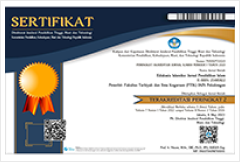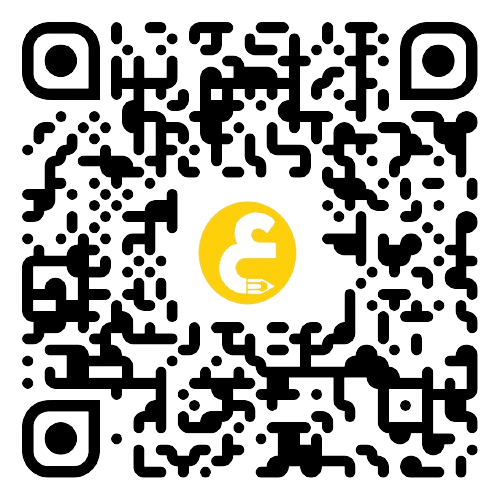Pemikiran Kartini tentang Hukuman dalam Pendidikan dan Relevansinya dengan Pendidikan Islam
DOI:
https://doi.org/10.28918/jei.v5i1.1062Keywords:
Kartini’s Thought, Islamic Education, Constructing PunishmentAbstract
R.A. Kartini is known as an emancipation figure for many Indonesian people. Her struggle turned out not only to fight for women oppressed by the traditional dictates, but also to develop the educational system in Indonesia. This study aims to describe Kartini's thoughts on punishment in education and its relevance to Islamic education. This study uses inductive method and belongs to library research. Therefore, it uses documentation for collecting the data. The primary source of this study is taken from the book entitled Habis Gelap Terbitlah Terang published by Narasi Yogyakarta in 2018. The results of this study show that Kartini agreed that punishment can be applied in education. However, Kartini rejected any kinds of physical punishment. It is because physical punishment does not provide good educational environment to students instead of making the students feel resentful and inferior. Finally, it can be concluded that in the case of delivering punishment to students, Kartini's thought is still relatively relevant to the concept of Islamic education because most of Islamic education figures still provide the green light on the implementation of punishment in education
References
Anggraini, S., dkk. (2019). Analisis Dampak Pemberian Reward and Punishment Bagi Siswa SD Negeri Kaliwiru Semarang. Mimbar PGSD Undiksha, 7(3), 221-229.
Baroroh, U. (2018). Konsep Reward dan Punishment Menurut Irawati Istadi: Kajian dalam Perspektif Pendidikan Islam. Jurnal Penelitian Agama, 19(2), 48-64.
Dimas, M. R. (2005). 20 Langkah Salah Mendidik Anak. (Terjemahan Tate Qomaruddin). Bandung: Syaamil Cipta Media.
Fauzi, M. (2016). Pemberian Hukuman dalam Perspektif Pendidikan Islam. Al-Ibroh, 1(1), 29-49.
Istadi, I. (2005). Agar Hadiah dan Hukuman Efektif. Bekasi: Pustaka Inti.
Kartini, R. A. (2018). Habis Gelap Terbitlah Terang. (Penyunting oleh Ari P.). Yoyakarta: Narasi.
Mahmud, A. (2017). Akhlak Terhadap Allah dan Rasulullah saw. Sulesana: Jurnal Wawasan Keislaman, 11(2), 57-68.
Mappasiara. (2018). Pendidikan Islam: Pengertian, Ruang Lingkup, dan Epistimologinya. Lentera Pendidikan: Jurnal Ilmu Tarbiyah dan Keguruan, UIN Alauddin Makassar, 7(1), 147-160.
Mulyasa, E. (2014). Manajemen PAUD. Bandung: Remaja Rosdakarya.
Muzakki, J. A. (2017). Hakekat Hukuman Dalam Pendidikan Islam.Halaqa: Islamic Education Journal, 1(2), 75-86.
Najmi & Ofianto. (2016). Perjuangan Pendidikan Kartini VS Rahmah El Yunusiyyah Bagi Perempuan Indonesia: Sebuah Pendekatan Historis dan Kultural. Jurnal: Sejarah dan Budaya, 10(1), 75-83.
Prima, E. (2016). Metode Reward dan Punishment dalam Mendisiplinkan Siswa Kelas IV di Sekolah Lentera Harapan Gunung Sitoli Nias. Jepun: Jurnal Pendidikan Universitas Dhyana Pura, 1(2), 185-198.
Purwanto, M. N. (2011). Ilmu Pendidikan Teoritis dan Praktis. Bandung: Remaja Rosdakarya.






















